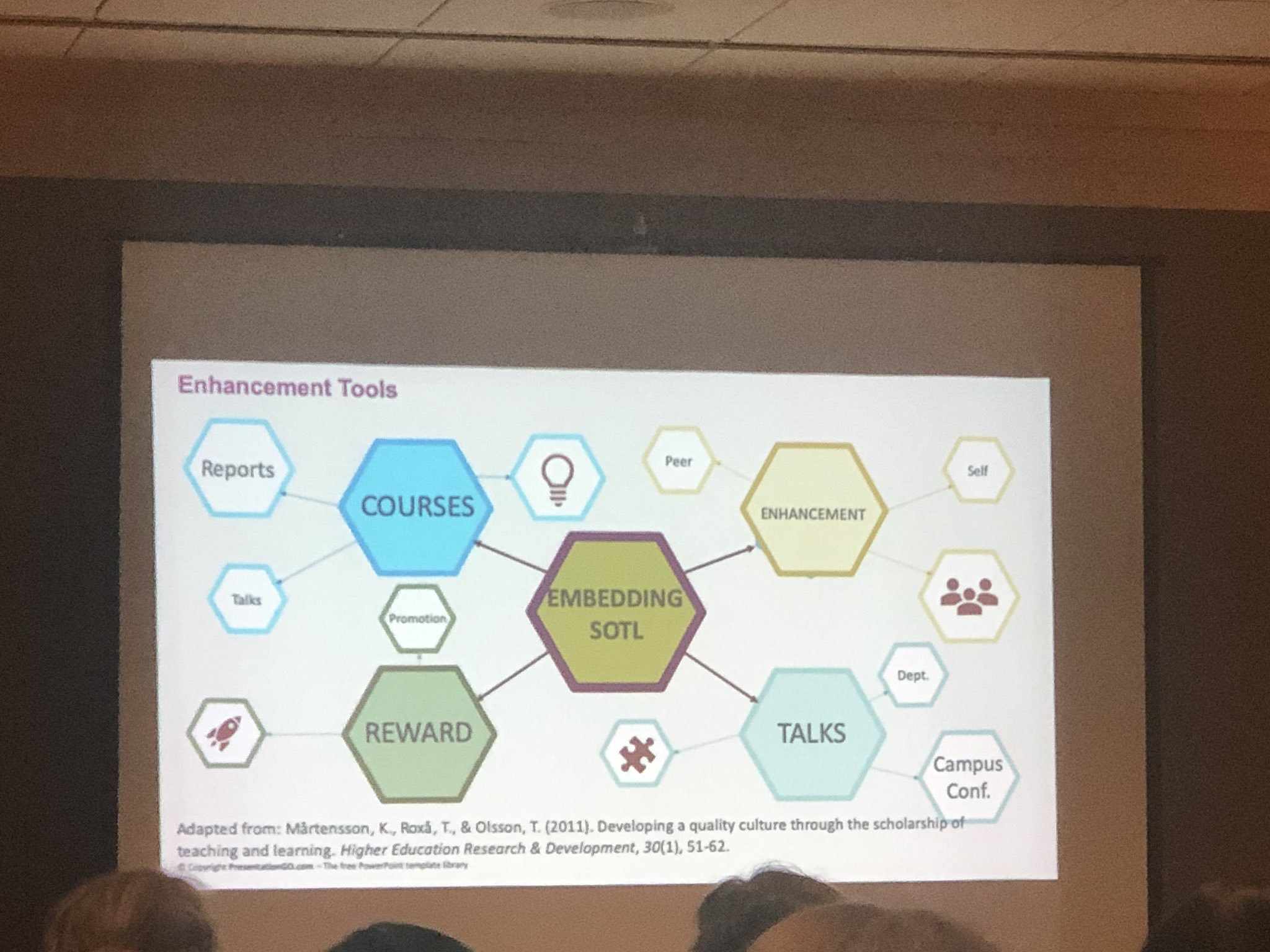International Society for the Scholarship of Teaching and Learning ISSOTL Conference 2019
I was fortunate enough to present a paper at the International Society for the Scholarship of Teaching and Learning Conference (ISSOTL) in Atlanta, Georgia, USA in October 2019. This conference is one of the main international conferences in the world of the Scholarship of Teaching and Learning (SoTL) and this was my first ISSOTL conference, so I was definitely excited to go and present.
Before talking about my paper, the theme overall of the conference was SOTL without borders: Engaged practices for social change, and I was lucky enough to attend a number of thought provoking talks looking at the challenges faced by students and faculty in creating equality and opportunity for all. A really interesting talk I attended was called ‘Perilous Kindness: The borders betwixt and between academic developers and the embedding of kindness in higher education’. The authors focussed on how Mauri principles including ‘manaakitanga’ or kindness were being woven into their approach to utilising the HEA’s Professional Standards Framework, more on this fascinating work can be found here This got me thinking about the role of kindness and compassion in both teaching and academic development. I think often times HE teaching can feel pressured and people often forget that kindness and compassion are so vital to our interactions with students and each other. Given the rise in issues around well being in HE internationally it feels a discussion about this is overdue.
My own paper entitled ‘Curiosity Leads: Recognising and Rewarding the Impact of SoTL in Research-Led Universities’ focussed on a survey and focus group I led in the UK on how SoTL was being embedded in UK Universities. A key focus of the paper was the changing environment, created by the TEF and the way this was being experienced on the ground by teaching focussed academic staff. I also discussed how SoTL could be opened up using the Ped-D and Ped-R framework, given that SoTL exists on a spectrum from classroom development and practitioner conference (Ped-D) to more traditional research outputs (Ped-R) – leading to a new way of thinking about academic endeavour in UK HE. The paper went down really well and afterwards I was approached by a number of staff from (particularly) Austalian and Canadian Universities who are working in environments where similar systems are being discussed.

I’m planning to work this paper up into an article for a journal for submission in early November and will hopefully talk on this in Durham later this term/early next at a SoTL forum.
Sam Nolan, DCAD Assistant Director
